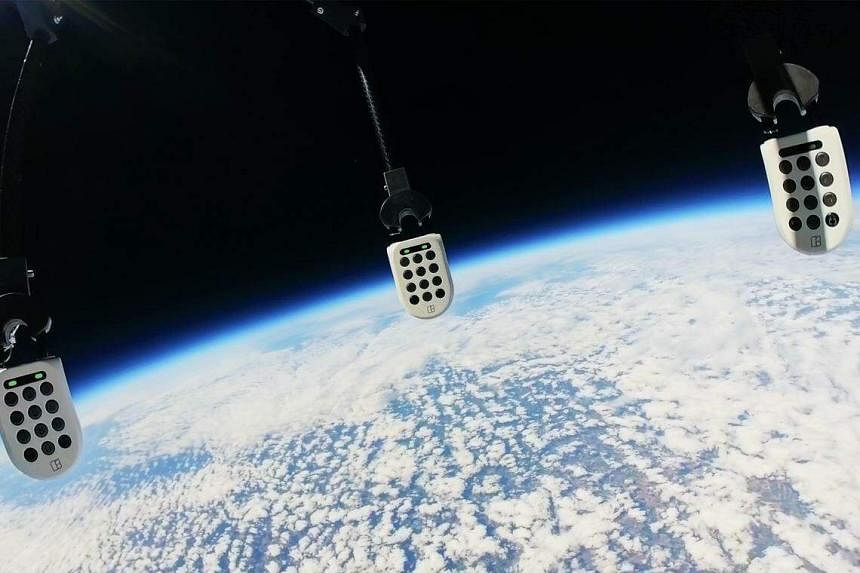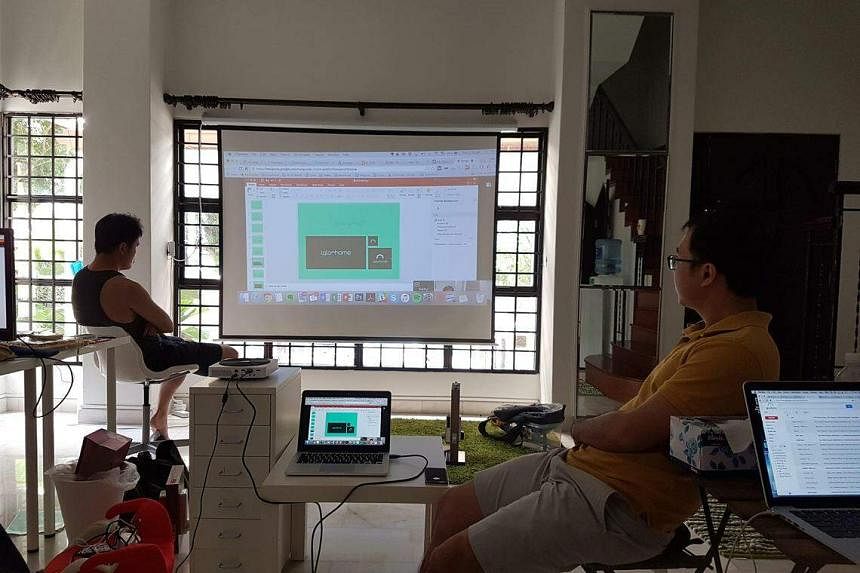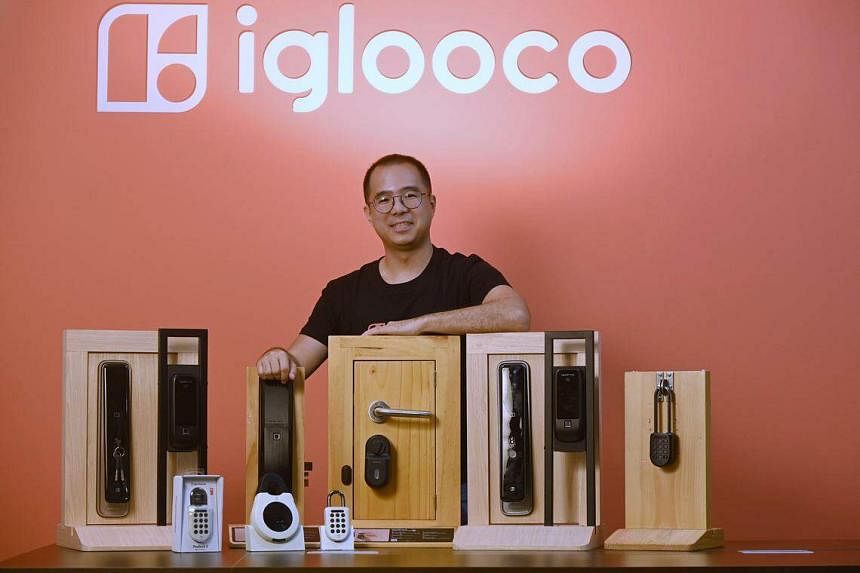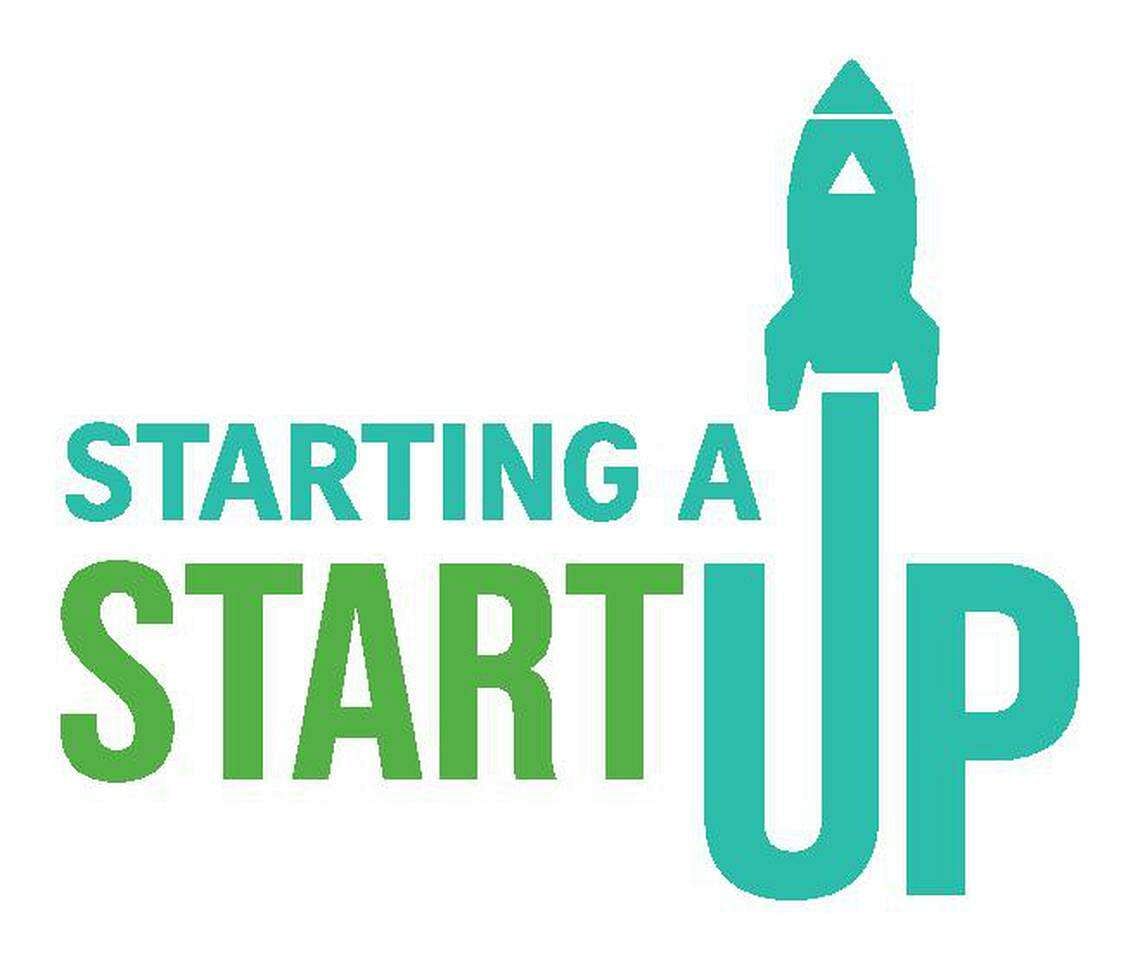SINGAPORE - Mr Anthony Chow used to rent an Airbnb property in Singapore to live and work in during the early days of his start-up.
He would sublet the spare rooms to other tenants to save costs and earn a side income.
But he had another objective – to test out the smart locks he was developing on his tenants’ doors.
“Sometimes the more money you have, the less innovative you become. But when you have less money, you end up having to become more creative to solve your problems,” said the 36-year-old Singaporean.
Mr Chow is the co-founder and chief executive of igloo, a Singapore-based smart lock start-up aiming to create a “keyless” world.
Keys, he proposes, ought to be obsolete by now, given that they have been around for thousands of years.
He said: “What’s the first thing you touch when you return home, and the last thing you touch when you leave?
“For many, it’s the key... Consider the countless times you’ve wrestled with or misplaced them when you need them the most.”
Founded in 2015, igloo offers smart locks for a range of properties and rental vehicles worldwide, including private homes, vacation rentals like Airbnb properties, recreational facilities, and building utility spaces such as pump and equipment rooms.
Its smart locks are also utilised in elderly care and assisted-living facilities, to enable faster entry by family members, caregivers and emergency services.
One of igloo’s key differences with other smart lock companies is that its locks do not require an Internet connection to work.
It has been pushing the envelope in its technology, as demonstrated in August when the firm sent eight of its smart locks to space before unlocking them from Earth.
Rather than relying on Wi-Fi, igloo’s smart locks use Bluetooth and the start-up’s proprietary “algoPIN” technology to generate a one-time password (OTP), similar to a banking token’s OTP.

Users can also generate OTPs for temporary guests like cleaners or contractors, and set a time limit on the locks to prevent any unauthorised re-entry in the future.
Since 2015, igloo has inked partnerships with more than 1,500 organisations, including multinational companies such as Airbnb and Uber.
It has sold more than 300,000 locks in 80 countries, and has issued 10 million digital credentials – such as OTPs – within its enterprise software suite this year.
Currently, igloo has 35 employees at its headquarters in Singapore, located at start-up hub Block71 in Ayer Rajah Crescent. It also has regional offices in eight countries and employs more than 100 people worldwide.
To date, it has raised US$32 million (S$44 million) from investors including Singtel Innov8, Seeds Capital and EDBI.
However, Mr Chow, who studied management science and engineering as well as machine learning at Stanford University and used to work as a data scientist at Singtel, emphasised that his start-up journey was not always smooth sailing.
He once spent 12 hours trying to install a single lock on a door due to his lack of experience, much to the customer’s disdain.
“That experience was one of the first crucial lessons in my entrepreneurial journey. It taught me that the best-laid plans don’t always work out as you’d expect,” he said.
“The real test is how adaptable you are when things don’t go the way you’d planned, and how you use that as an opportunity to improve.”
In 2021, igloo’s expansion into the US coincided with the pandemic, and the start-up grappled with financial issues and travel curbs due to the repeated lockdowns.
Mr Chow said: “It felt like we were back in the early days. It was just a handful of us in a foreign environment.
“We worked out of the living room of an Airbnb, taking turns cooking for each other, and we spent late nights packing orders... We even did deliveries by taking long drives across the country just to save costs.”
“But the way the team came together to help the company pull through the challenges of the pandemic is something I will always be grateful for,” he said, adding that he is thankful for the support from his co-founder and chief technology officer Kelvin Ho.

Currently, the US market makes up approximately 50 per cent of igloo’s business, followed by Europe at around 20 per cent.
The rest is from the Asia-Pacific, with Singapore and Australia being its primary revenue contributors in the region.
Mr Chow said he intends to grow igloo’s headcount in the US and Singapore by 50 per cent, but also emphasised that a “prudent expansion” will be carried out.
“I want to build a billion-dollar company with as few people as possible,” he said.
Singapore is well positioned as a start-up hub in the region, said Mr Chow, whose company has benefited from the strong support the Singapore Government provides start-ups.
Enterprise Singapore has helped igloo with its expansion efforts overseas, including connecting it to its first distributor in the US and helping to set up its manufacturing facility in China.
On a more personal note, Mr Chow, who is married, said Singapore will always be the preferred base of igloo because of the support from his family.
“My family is here so there’s a safety net to fall back on... I think that’s a very strong psychological support,” he said.
Fun facts about Anthony Chow

1. He aspires to speak more languages to connect with people on a deeper level.
2. Bak kut teh is his ultimate comfort food.
3. He de-stresses by jogging at East Coast Park.


